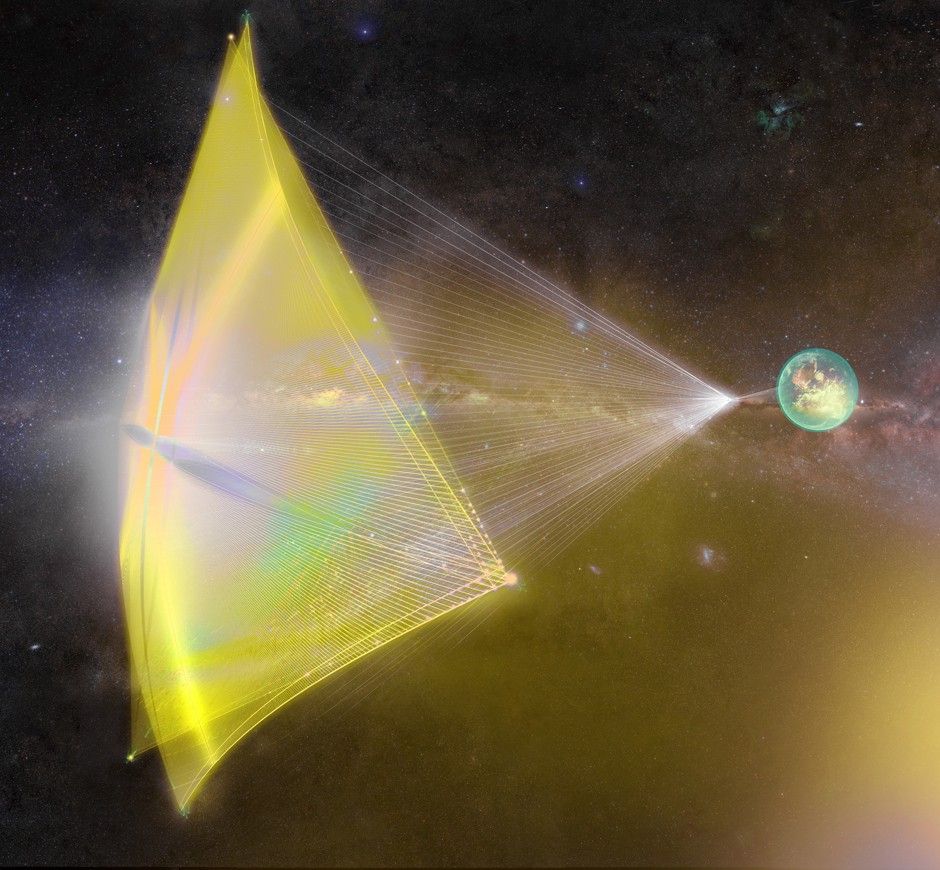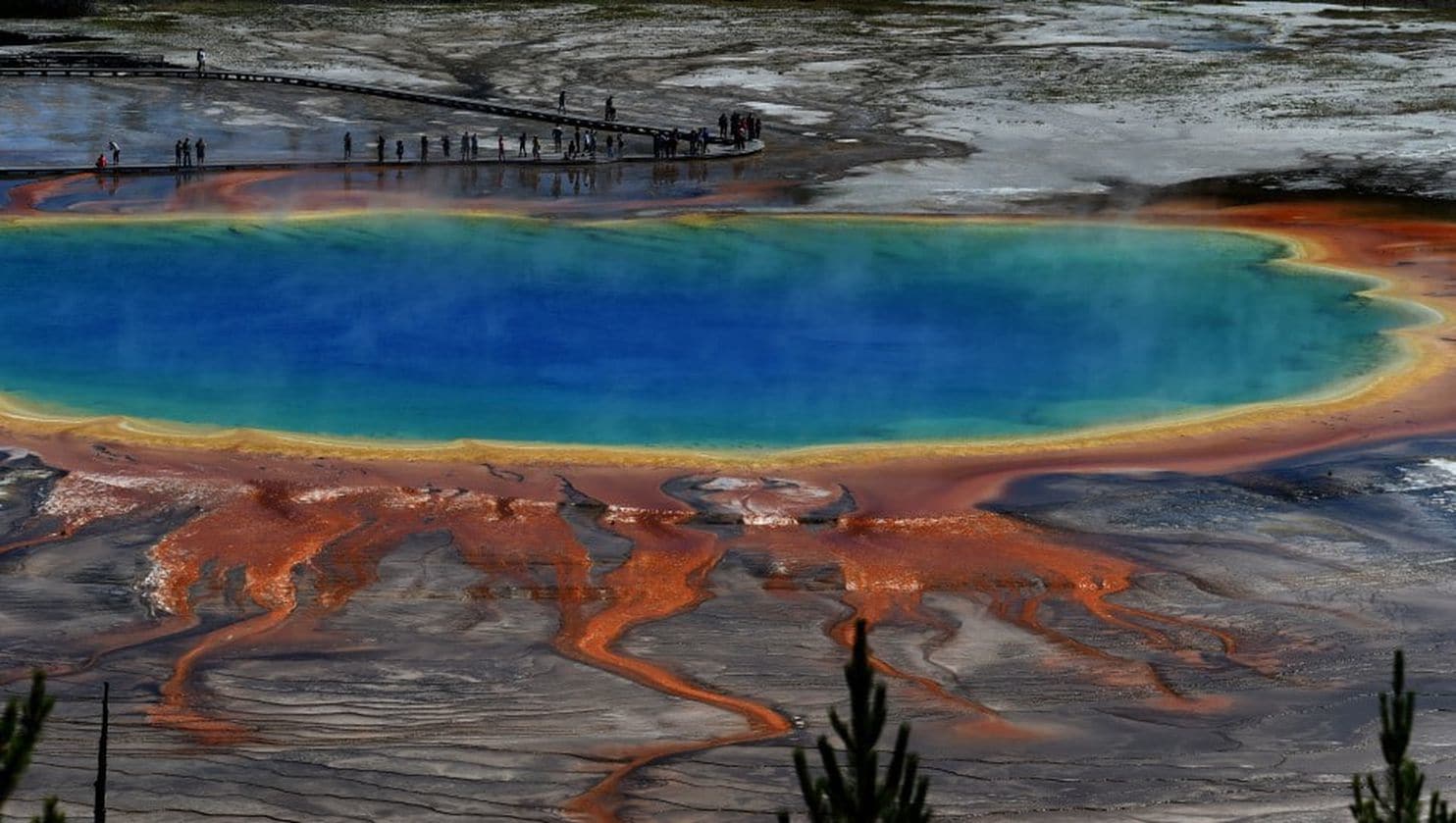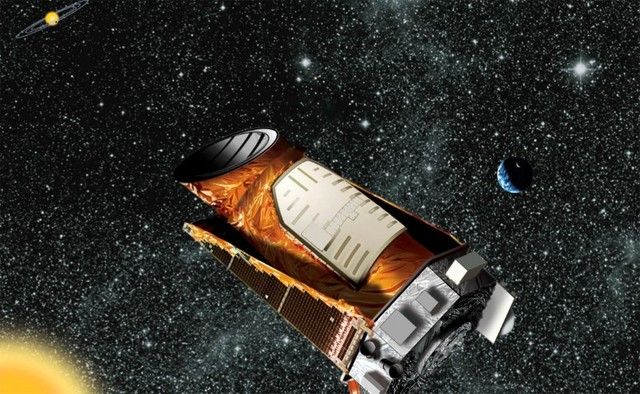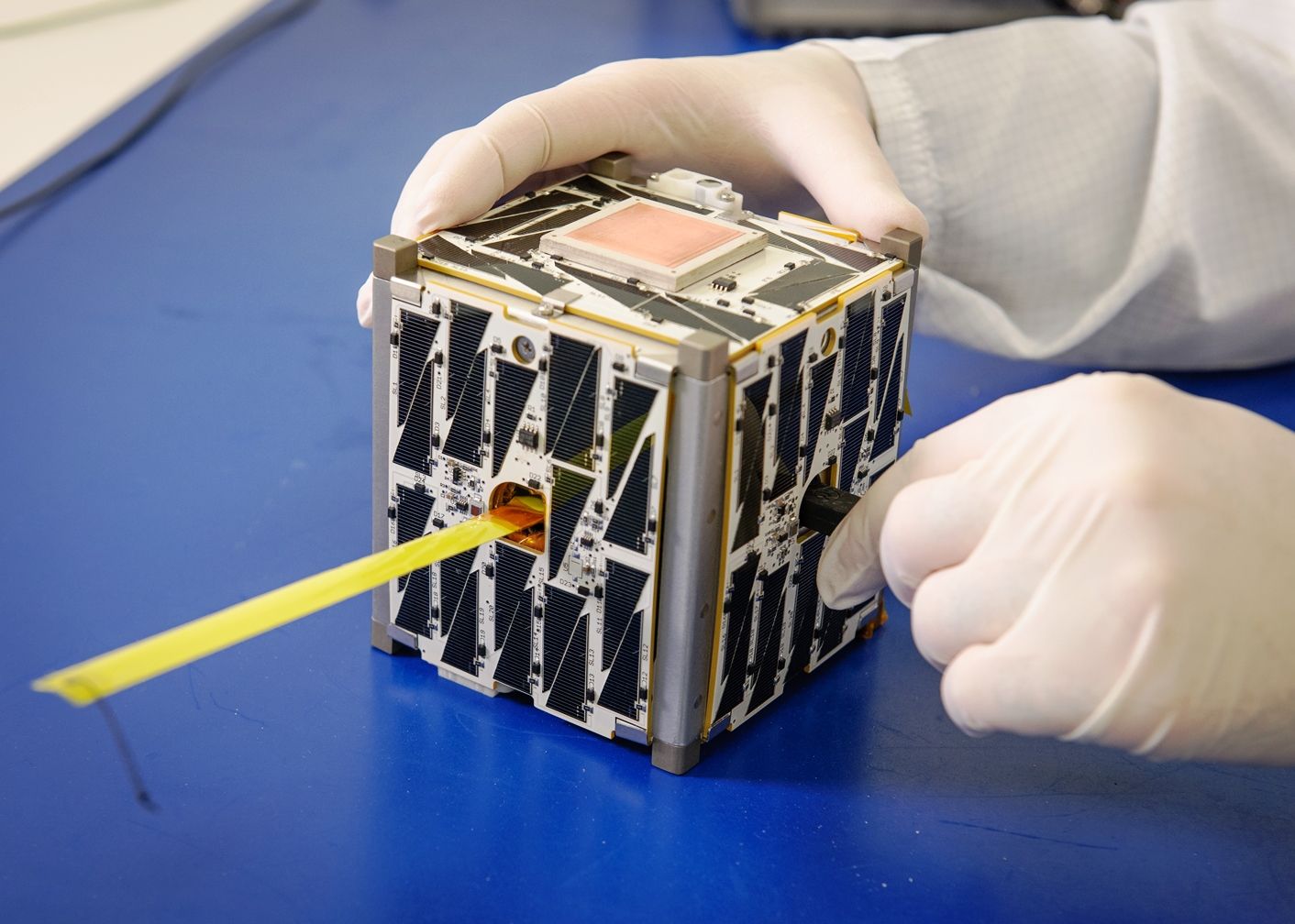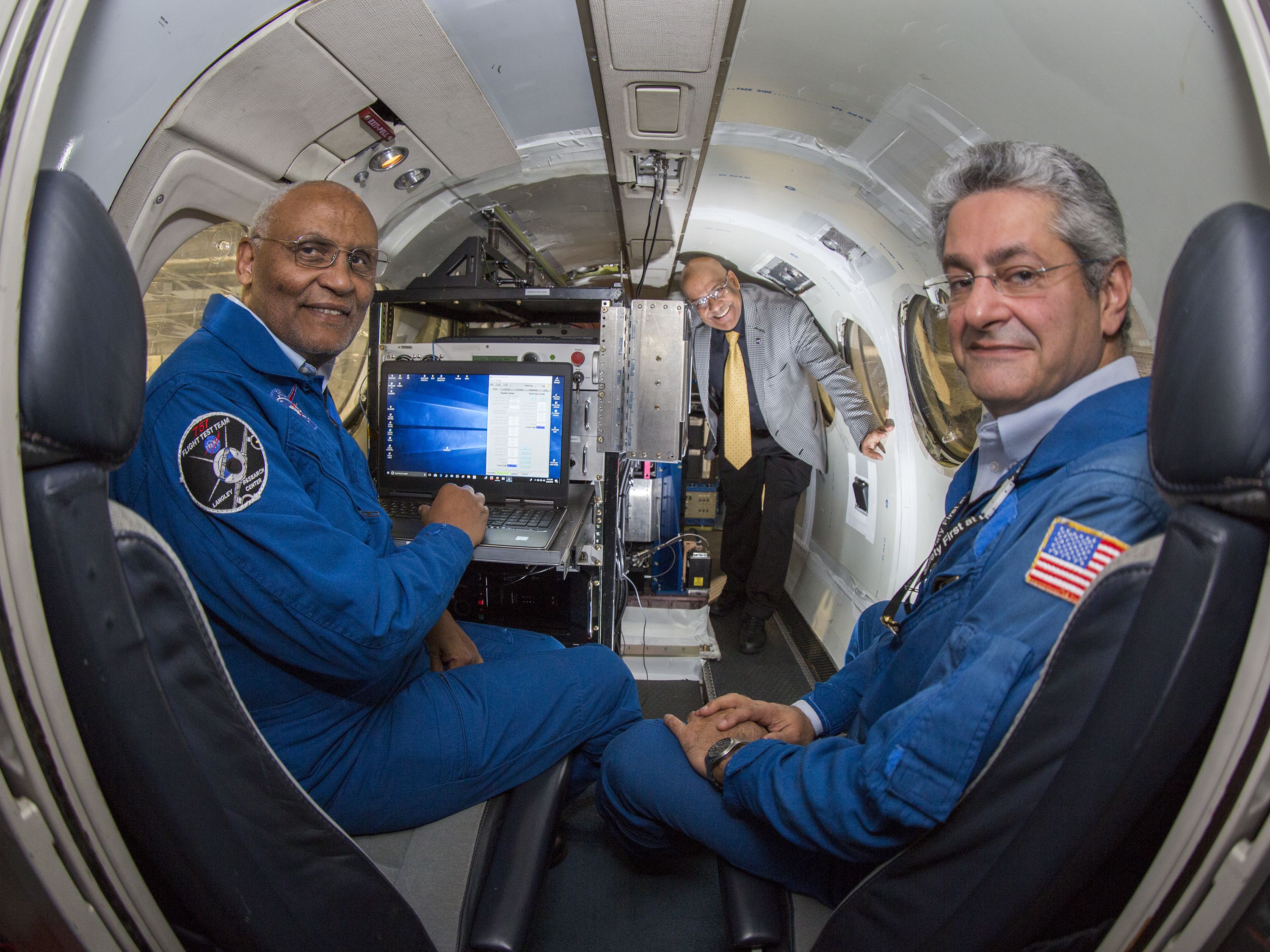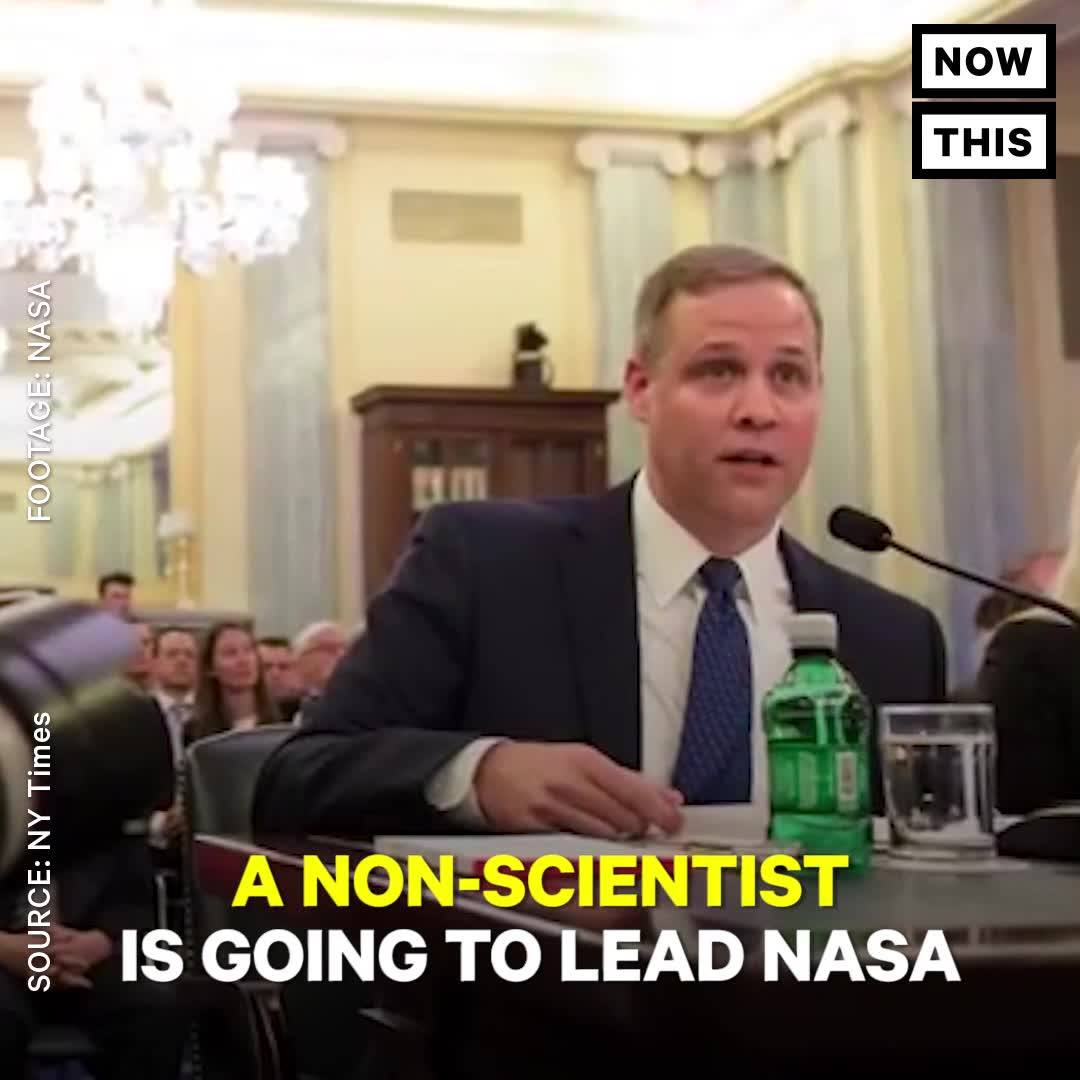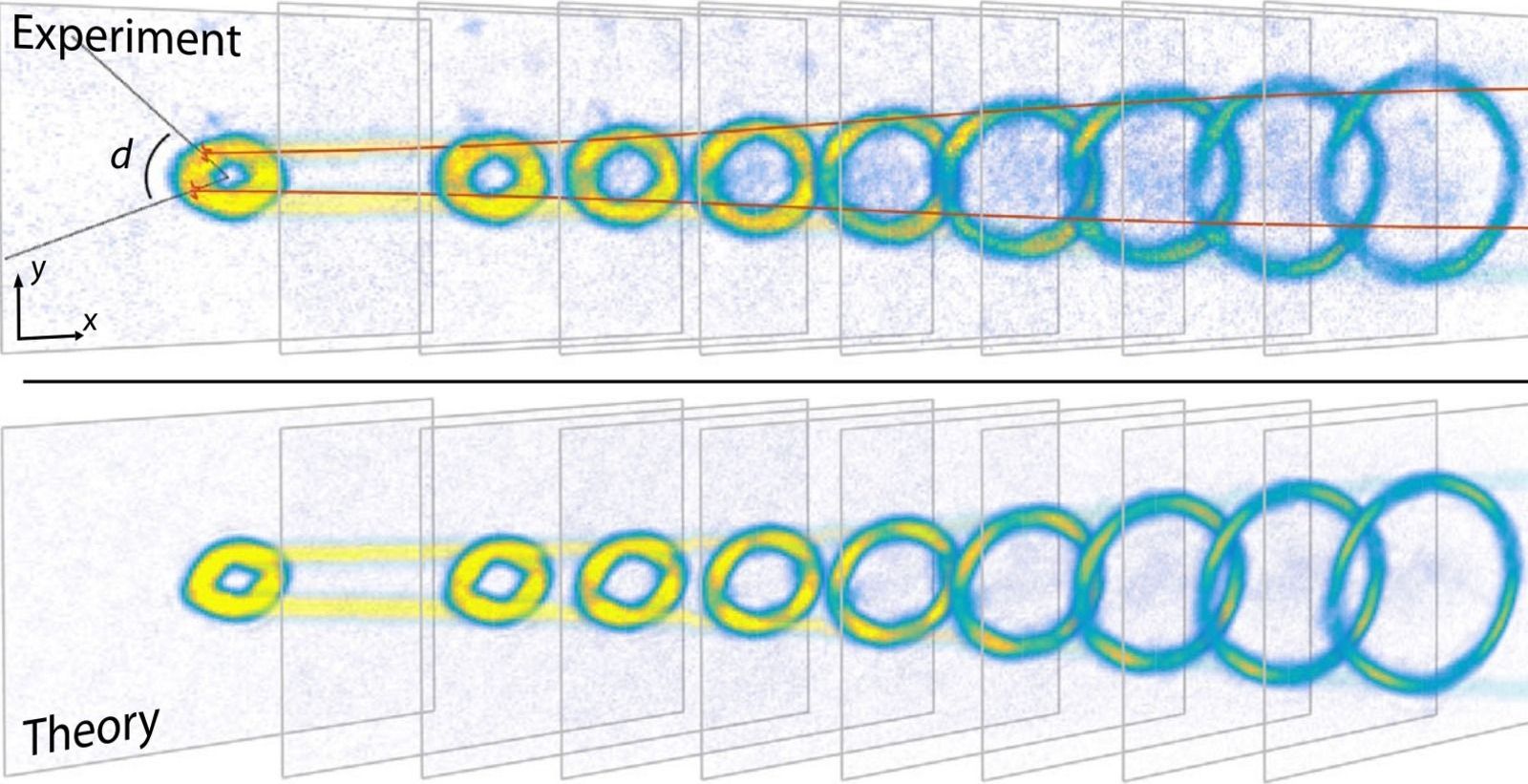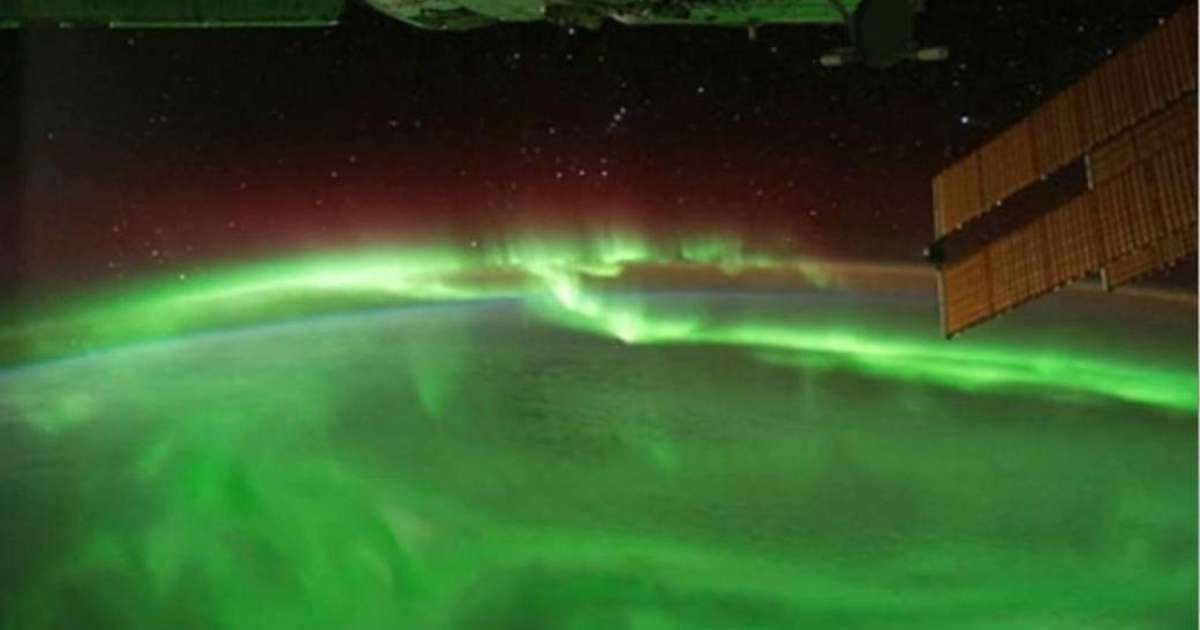A UK man who caught what was dubbed the world’s “worst-ever” case of super-gonorrhoea has been cured, Public Health England (PHE) said — but two similar cases have been reported in Australia.
The unidentified heterosexual man, who had a partner in the UK, picked up the infection having sex with another woman in South-East Asia, PHE said.
Health officials said it was the first time the infection could not be cured with the regular treatment — a combination of antibiotics azithromycin and ceftriaxone.
ORLANDO, Fla.—Adrienne Dove, a University of Central Florida (UCF) planetary scientist, physicist, and associate professor, capped off the university’s 2018 Distinguished Speaker series with a talk about CubeSats and UCF’s involvement with CubeSat-based science missions.
Highlights of a growing program
Dove began her talk detailing some of the key activities of the university’s Physics Department.
Ignored for 30 years after its discovery, this archaic baleen whale finally gets a place in the spotlight.
A whale fossil unearthed three decades ago in New Zealand’s South Canterbury district has led to an unexpected find that rewrites the history of whale evolution, National Geographic reports.
The fossil dates back 27 million years ago and was identified as a previously unknown genus of baleen whale.
Eerie similarities unite vastly different scientific ideas in sometimes utterly surprising ways. One of these similarities may have allowed scientists to recreate the expanding universe—on a countertop.
Researchers accomplished their feat using Bose-Einstein condensates, which are collections of certain atoms held to the near coldest-possible temperatures. Bose-Einstein condensates let scientists see teeny quantum mechanical effects on a much larger scale, and have been used to do lots and lots of wild physics. These scientists hope they can use its quirks to model the behavior of the far grander cosmos.
“It’s hard to test theories of cosmology,” study author Gretchen Campbell, from the University of Maryland’s Joint Quantum Institute, told Gizmodo. “Maybe we can actually find a way to study some cosmological models on the laboratory scale.”
And, in addition to these heavy hitters, there are quite a few other companies offering tourists a chance to reach space, too. Some are farther along in development than others, and there are always reasons to be skeptical when talking about space tourism. We’ve seen plenty of similar ventures come and go over the years without making it to space. But we choose to remain optimistic. Here are the most recent commercial space programs that would love to take you out of this world—for a price.
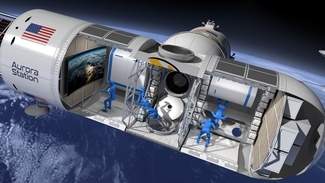
An illustration of what the interior of Orion Span’s Aurora Station might look like.
